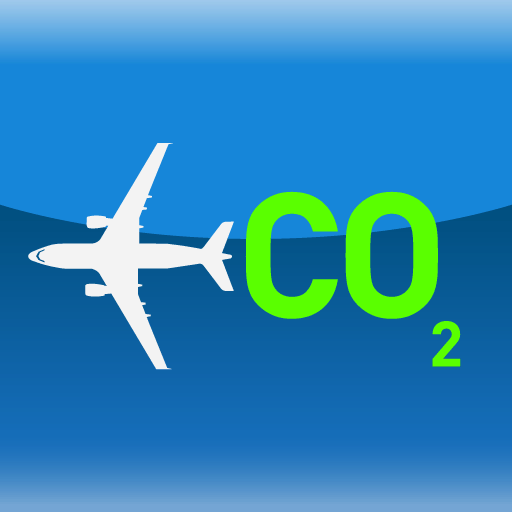At the COP23 in 2017, Fiji took the opportunity to shine a spotlight on the major climate change impacts it faces as a vulnerable Pacific Island State.
According to the first major review compiled at that time, by Fiji’s government and the World Bank, the Small Island Developing State (SID) will need to spend an amount equivalent to its entire yearly gross domestic product over the next 10 years in order to mitigate expected climate impacts.
ICAO, as part of its partnership with the United Nations Development Programme (UNDP) and the Global Environment Facility (GEF), has now added further momentum to the climate change responses being taken by Fiji and other SIDS through a capacity-building seminar it convened there at the end of May on ‘Low Emissions Aviation Measures’. The two-day event followed on a seminar organized a month earlier in Kingston, Jamaica, as part of the same ICAO/UNDP/GEF project.
Partnerships and resource sharing are key aspects of successful climate mitigation for many states, and the Seminar in Fiji provided a great opportunity for more to be fostered. It also enabled participants to better appreciate the role to be played by the ICAO State Action Plans initiative on the reduction of CO2 emissions reduction from international aviation, while improving their access to new guidance documentation on renewable energy, sustainable aviation fuels, financing, and regulatory and organizational measures, all developed as part of the ICAO-UNDP-GEF partnership.

A new tool to help calculate the associated costs and environmental benefits of international aviation mitigation measures was also presented, and was recognized by participants as a key resource for related prioritization.
“Environmental protection is critically important to SIDS, as we are at the forefront of confronting the adverse impacts of climate change and share common economic challenges of isolation, limited resources and vulnerability to natural disasters,” commented Mr. Sharvada Sharma, Solicitor General and Permanent Secretary for Civil Aviation for the Government of Fiji. “SIDS therefore need significant investment and help from international communities in climate change adaptation, resilience and mitigation measures, in particular, capacity-building and financing.”
The Seminar also provided the Pacific SIDS with an opportunity to explore the sustainability benefits of a recently inaugurated solar-at-gate project in Kingston, Jamaica, where electricity generated from photovoltaic panels is now being employed to eliminate the former fossil fuel sources used to power parked aircraft.
Discussions regarding its replication with all Pacific SIDs are now ongoing with various regional and international organizations.
In assessing the event’s overall results, Ms. Jane Hupe, Deputy Director for Environment at ICAO, noted that “it has raised important awareness on the various funding mechanisms now available for SIDS with respect to aviation emissions mitigation measures, and has also been an excellent opportunity to share experiences and lessons learned and to develop further collaborative approaches aimed at reducing international aviation emissions. I’m greatly encouraged as well that the recent solar-at-gate project we worked on in Jamaica could now bring new sustainability benefits to SIDS here in the Pacific, as well as in the Caribbean.”

